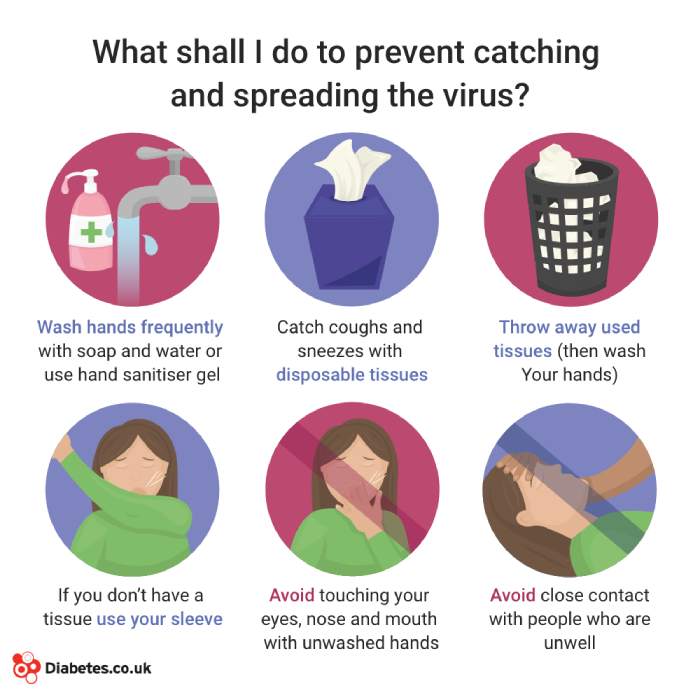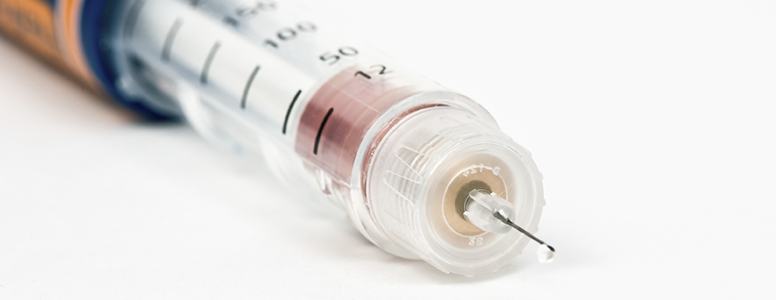The isolation period for people who test positive for coronavirus or displaying symptoms has been increased in the UK by three days to 10 days.
The UK’s chief medical officers announced the increased self-isolate period as the government attempts to combat a potential second wave of COVID-19.
Previously health bosses had asked for people with symptoms to stay indoors and away from people for seven days, with the new advice consistent with the World Health Organization guidance.
- Smoking and air pollution increases childhood obesity risk
- Public call for healthier measures introduced to control obesity and COVID-19
According to chief medical officers, they said the adjustment is “particularly important to protect those who have been shielding and in advance of the autumn and winter when we may see increased community transmission”.
They said it has been shown that those diagnosed with coronavirus have a “low but real possibility of infectiousness” in the seven and nine days becoming poorly.
The period when people are most contagious is just before the first symptoms emerge and the following days, however evidence suggesting the virus could be passed on up to nine days later has been “strengthened”.
The chief medical officer for Wales, Frank Atherton said the move was “vital” and “nobody should be under the illusion that coronavirus has gone away”.
There are different lengths of isolation in different countries, with the Irish Republic insisting that people with symptoms should isolate for two weeks, while in America it is 10 days.
Speak to others on this topic:
- Lockdown has caused spike in sugars – help
- Anyone been shopping yet?
- Are we returning to ‘normal’ too quickly?
Health Secretary Matt Hancock told BBC Breakfast said he wanted to “take a precautionary approach” and also “protect people from that wave reaching our shores”, amid fears of a second wave emerging in some European countries.
Moves have been made to quell local outbreaks across the UK, with millions of people in Greater Manchester, East Lancashire and parts of West Yorkshire now facing new restrictions, including separate households being unable to meet each other at home.
Meanwhile, registered health and care professionals travelling to the UK from high-risk countries will need to self-isolate for two weeks following a quarantine exemption for healthcare professionals, which had been in place since June.






